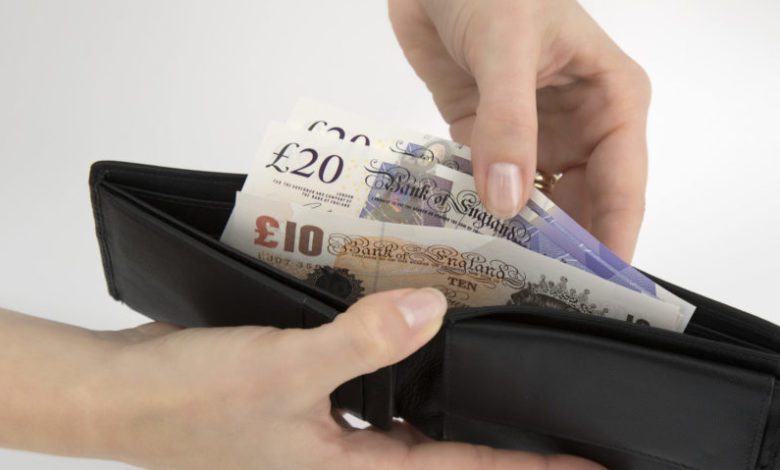BusinessIndustry News
Consumer spending grows 3.8 percent, outstripping inflation

Consumer spending growth held steady in February – up 3.8 percent year-on-year and in line with the three-month rolling average (3.9 percent) – as consumers made small adjustments to their budgets to make room for the ‘nice-to-haves’.
You'll need to
subscribe to unlock this content. Already subscribed? Login?







